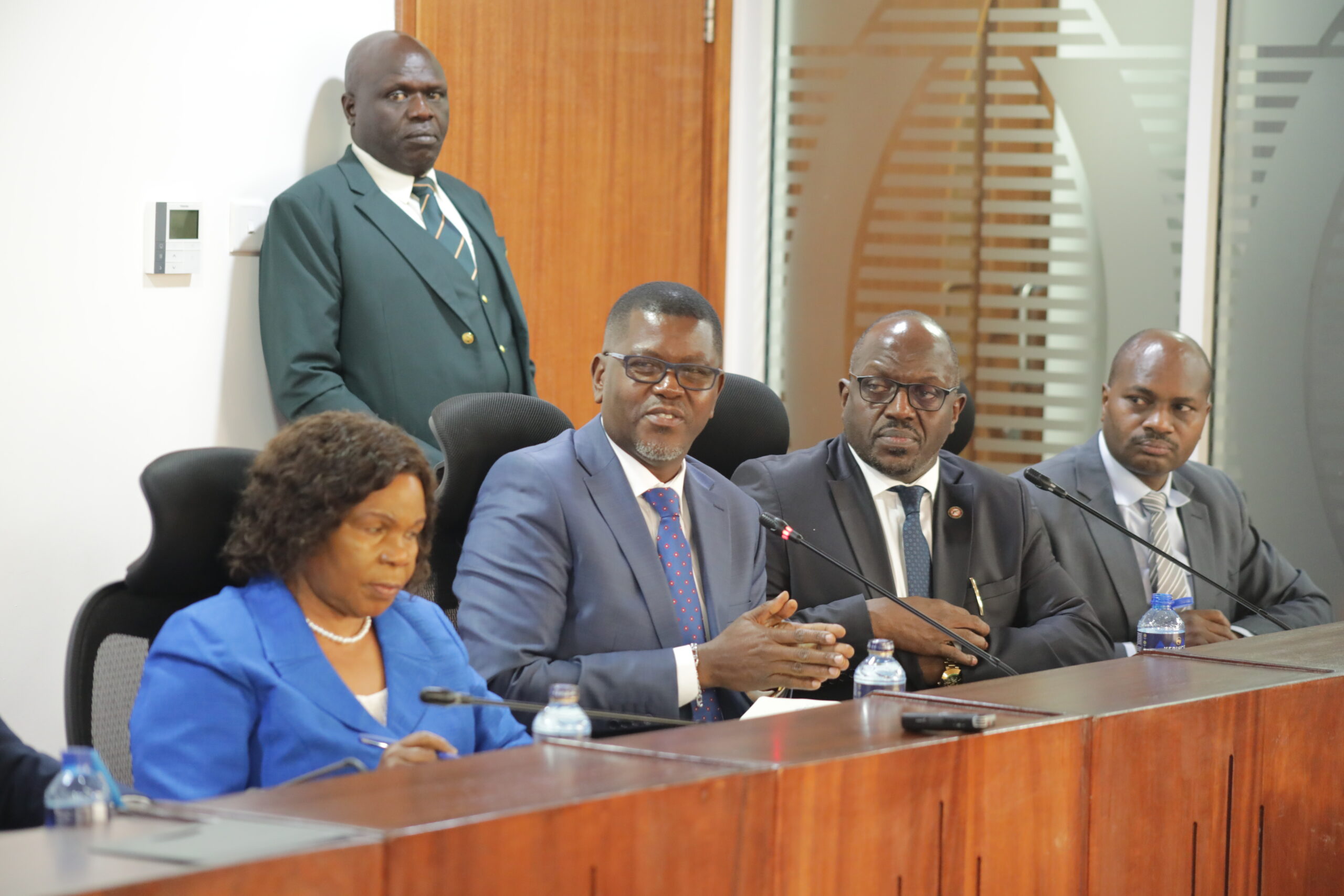NPSC Chair Advocates Hybrid Police Recruitment During Parliamentary Committee Hearing

End of an Era: National Police Service Commission Bids Farewell to Outgoing Leadership After Six Years of Service
14 March 2025
Chakwera Concedes Defeat as Malawi Welcomes New President-elect Mutharika
24 September 2025In a recent session before the Departmental Committee on Delegated Legislation, the Chairperson of the National Police Service Commission (NPSC), Dr. Amani Yuda Komora, announced that the next recruitment of police officers will adopt a hybrid model—combining online application via the official portal and physical assistance at vetted centres. The statement comes amid concerns over digital access, fairness, and legislative scrutiny of the draft recruitment regulations.
Below is a breakdown of the statements, surrounding debates, challenges, and likely outcomes.
Background: Move Towards Digital Recruitment
Over the past year, the NPSC has been pursuing digitization of its recruitment processes. The intention has been to reduce corruption, human bias, and logistical bottlenecks inherent in manual recruitment systems.
-
The NPSC developed a Police Recruitment System (PRS), intended to allow prospective applicants to apply online, be digitally shortlisted, and minimize human interference.
-
However, full online recruitment drew resistance from Members of Parliament and security agencies, who warned that many candidates in rural or remote areas might be excluded due to poor internet access or lack of technology.
-
Amid this push‑and‑pull, the Commission found itself under pressure to balance innovation and inclusivity.
What the Chairperson Told the Committee
When appearing before Parliament’s Committee on Delegated Legislation on 23 September 2025, Dr. Komora and NPSC officials responded to concerns about a purely online system disadvantaging some applicants.
Key points from the session:
-
Adoption of a Hybrid Model
The recruitment process will be hybrid—online application via PRS, but with physical support points to assist those without access to the portal. -
Assistance on the Ground
For applicants who cannot apply online (due to lack of device, connectivity, or skills), the Commission will deploy officers with gadgets at recruitment centres to help them fill out the application forms electronically. -
Non‑Discrimination Assurance
Dr. Komora emphasized that no one will be discriminated against for being unable to apply online; the hybrid scheme intends to ensure equitable access. -
Transparency, Integrity, and Accountability
The Commission committed that supervising officers will take oaths of integrity and be held personally responsible in case of malpractices.
He also reaffirmed that applications and communications would come via official channels only, warning against fake adverts.


